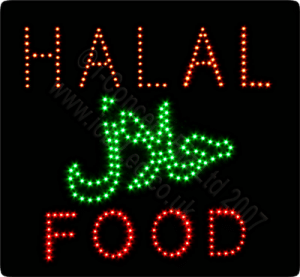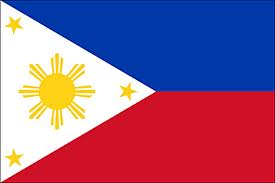Adnan Durrani’s current venture, which developed some of the first halal-certified products available nationally, is on track to be a $100 million business by 2025.

Many people in the food business spend a lot of time looking for the trends of tomorrow, but Adnan Durrani has the gift of finding them.
In the early 1990s, he founded Vermont Pure water, one of the nation’s first bottled water companies. Durrani recalls a soft drink company CEO telling him at the time that he was wasting his time and money. After all, consumers buy soda. Today, bottled water is Americans’ beverage of choice, with 72% saying it is their preferred nonalcoholic drink, according to a 2018 poll by the International Bottled Water Association. Vermont Pure became part of a larger company that was bought by Cott for $35 million in 2018.
Through Durrani’s Condor Ventures, he invested in organic yogurt juggernaut Stonyfield Farms in the mid ’90s. At the time, Durrani heard several naysayers telling him Americans would never catch on to yogurt. In 2001, Danone took a 40% stake in the company, and doubled that to 80% in 2004. The brand was sold to Lactalis in 2017 for $875 million.
Durrani’s newest company, internationally inspired Saffron Road, is following the same path to success. The brand started 10 years ago. This year, Durrani said, sales are expected to be around $50 million. About 85% of the company’s sales are in meals and culinary items — frozen and shelf-stable meals, sides and hors d’oeuvres, simmer sauces and broths — with the rest in snacks — mostly crunchy chickpeas. Saffron Road’s products are available nationwide in about 25,000 grocery stores, including 4,300 Walmarts.

“Here I saw a very strong, very wealthy, very educated American Muslim demographic that had zero options for halal,” Durrani told Food Dive. “So you have 4 [million] to 8 million Americans in the U.S. that have no dietary options around halal foods. And very educated: over $150 billion in buying power, $30 billion in food alone. So we have tremendous opportunity for demand with zero supply, which is, you know, a marketer’s dream. So that’s kind of the beginning of how I thought of Saffron Road.”
But to say that Saffron Road is just halal food is only one dimension of its appeal. Many of its products are Non-GMO Project Verified, organic, kosher certified and from antibiotic-free animals. The company is dedicated to sustainable livestock and farming. And the ingredients, the products, the flavors are all as authentic as possible.
“Our model was never based just on the halal consumers. It was based around developing values around what halal meant to us in terms of a higher value system around what I call ethical consumerism,” Durrani said. “Probably 85% of our consumers are not even halal consumers or American Muslims. They’re really natural organic consumers that really are inspired by our halal values around clean label.”



